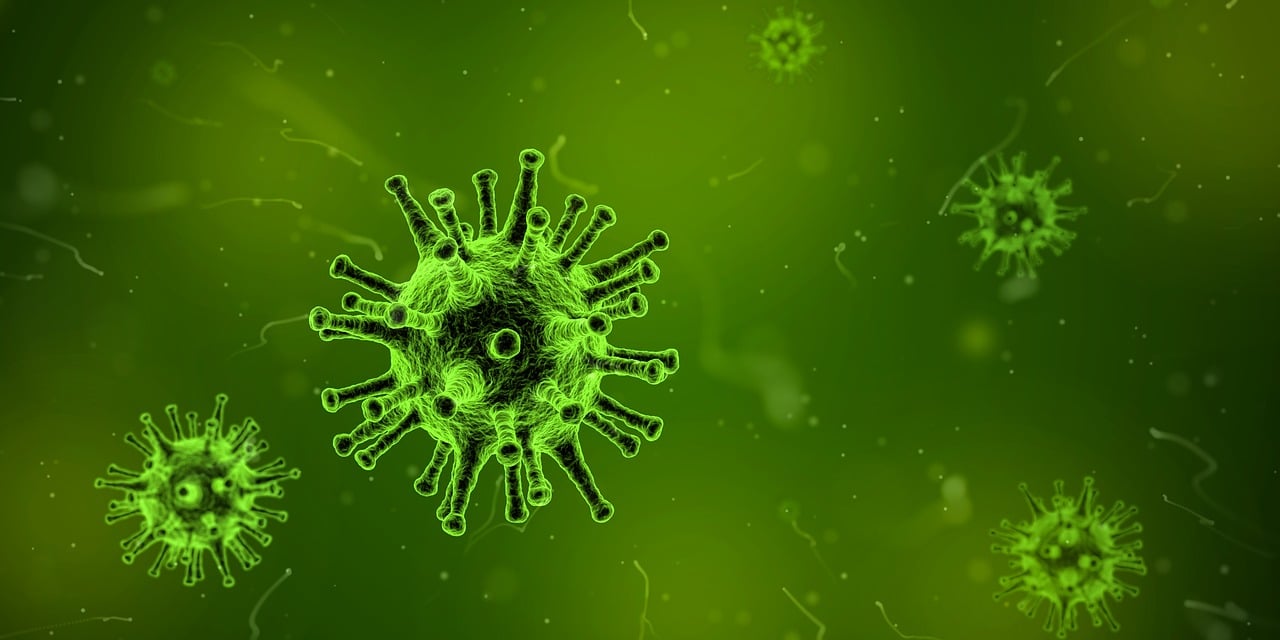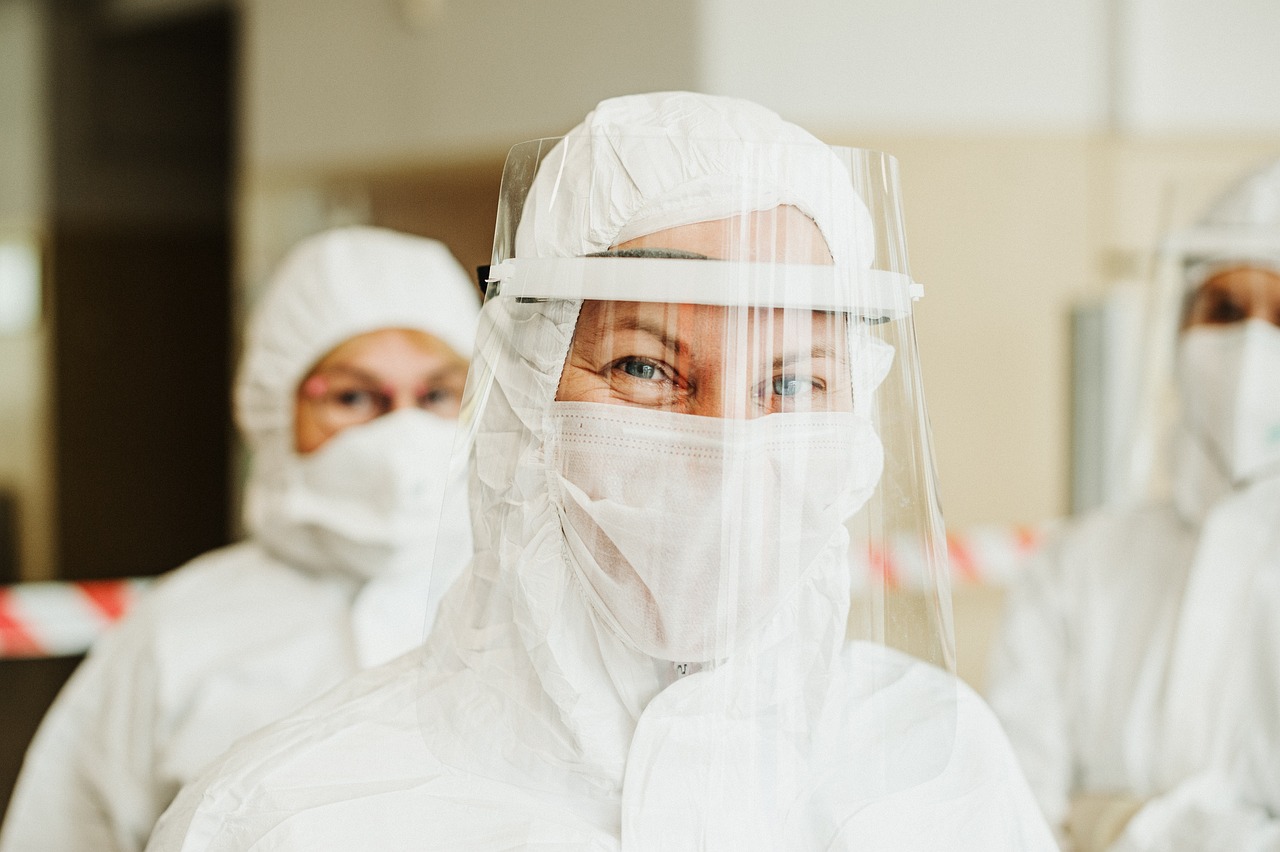After comprehensive evaluations conducted in Malawi and Mozambique, an independent team known as the Polio Outbreak Response Assessment (OBRA) Team has recommended the closure of the wild poliovirus type 1 (WPV1) outbreak in both countries. This marks a significant achievement in the ongoing battle against polio in the African region.
The last reported case of WPV1 in the African Region, associated with a strain circulating in Pakistan, was documented in Mozambique's Tete Province back in August 2022. A total of nine cases were identified in Mozambique and neighboring Malawi, where the outbreak was officially declared in February 2022. Through coordinated efforts, over 50 million children across five countries in southern Africa have been immunized against the virus to date.
The meticulous evaluation conducted by the OBRA team involved thorough field assessments and supplementary data reviews. Their conclusion: there is no evidence of ongoing transmission of wild polio. The assessment took into account various factors, including the effectiveness of outbreak response measures, population immunity levels, immunization campaign quality, routine immunization coverage, surveillance systems, vaccine management practices, and community involvement.
The successful containment of this outbreak highlights the unwavering dedication and collaborative spirit of African governments, healthcare professionals, communities, and partners of the Global Polio Eradication Initiative (GPEI), including the invaluable support of Rotarians on the ground. Through robust surveillance, well-executed vaccination campaigns, and active community engagement, both Malawi and Mozambique have effectively halted the spread of the virus, ensuring the health and safety of their children.
Dr. Matshidiso Moeti, WHO Regional Director for Africa, emphasized the significance of this achievement, praising the governments of Malawi and Mozambique, as well as all involved parties, for their relentless efforts in containing the outbreak. She stressed the need to further strengthen immunization systems, enhance surveillance, and ensure universal access to life-saving vaccines.
With technical support from GPEI, health authorities have implemented national prevention strategies in Malawi and Mozambique, extending to all districts bordering other affected countries such as Tanzania, Zimbabwe, and Zambia. Over 100 million vaccine doses have been administered in high-risk areas thus far. The strategy to preemptively tackle the outbreak relied on meticulous planning, including the mapping of cross-border communities, migratory routes, entry/exit points, and transit routes, facilitating synchronized vaccination plans and monitoring activities across five countries.
The official closure of the outbreak stands as a testament to the unwavering determination and effective collaboration among the governments of Mozambique, Malawi, and neighboring countries, as well as partners and frontline health workers. Moving forward, maintaining high levels of routine immunization remains paramount, as no child is truly safe from polio until all are vaccinated.
To bolster polio surveillance, 15 new wastewater surveillance sites were established in affected countries over the past two years. These sites play a crucial role in detecting circulating poliovirus in wastewater, enabling timely confirmation and response. Efforts have also been intensified to protect children in high-risk areas through strengthened surveillance and data management.
Dr. Chris Elias, President of Global Development at the Bill & Melinda Gates Foundation, emphasized the importance of collaborative efforts in swiftly responding to outbreaks and improving vaccination campaigns and surveillance systems. He commended Malawi, Mozambique, and the entire Southern African region for their commitment to achieving a polio-free world.
Health experts and GPEI coordinators stressed the pivotal role of enhanced polio surveillance, community engagement, and rapid outbreak response in curbing the virus. This success story underscores the power of collective action in combating infectious diseases and safeguarding public health.










